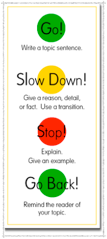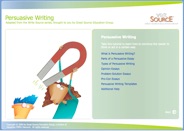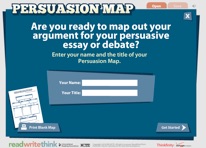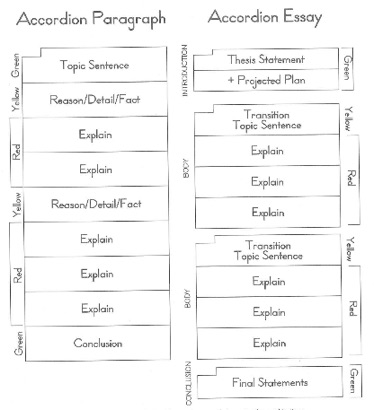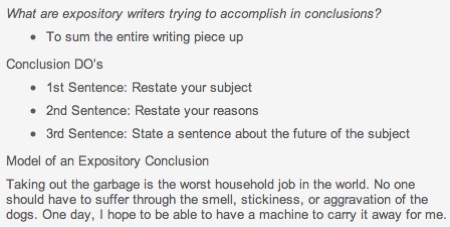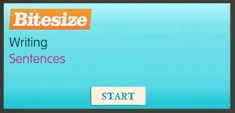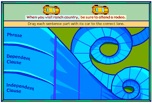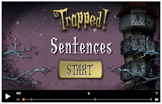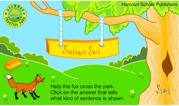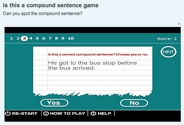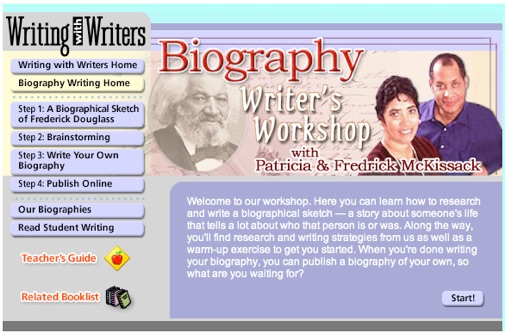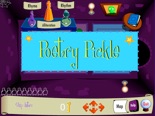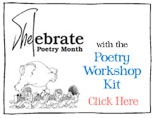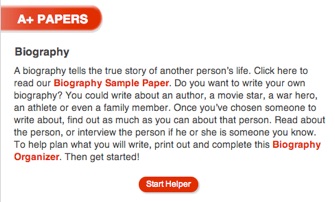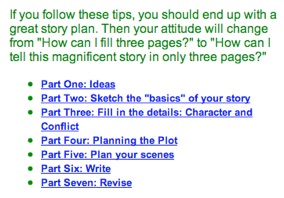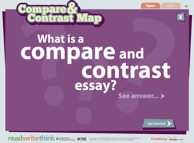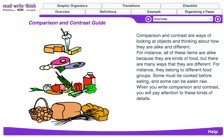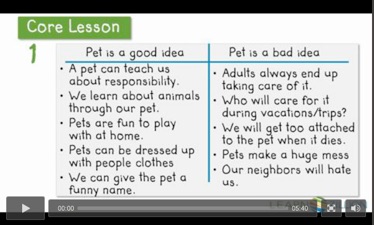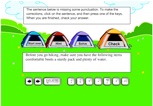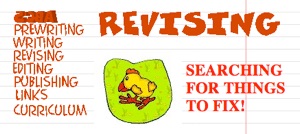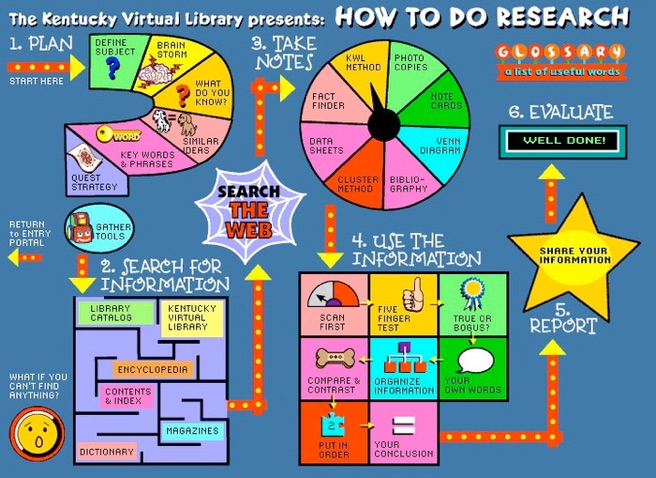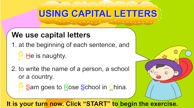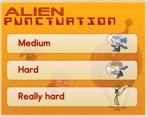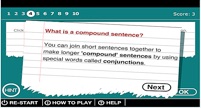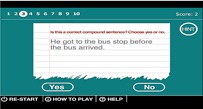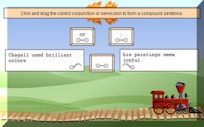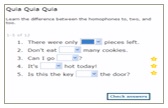WRITING
2014
Opinion Writing
1. Write opinion pieces on topics or texts, supporting a point of view with reasons
and information.
a. Introduce a topic or text clearly, state an opinion, and create an
organizational structure in which ideas are logically grouped to support the
writer’s purpose.
b. Provide logically ordered reasons that are supported by facts and details.
c. Link opinion and reasons using words, phrases, and clauses
(e.g., consequently, specifically).
d. Provide a concluding statement or section related to the opinion presented
Informative/Explanatory Writing
2. Write informative/explanatory texts to examine a topic and convey ideas and information clearly.
a. Introduce a topic clearly, provide a general observation and focus, and group
related information logically; include formatting (e.g., headings), illustrations,
and multimedia when useful to aiding comprehension.
b. Develop the topic with facts, definitions, concrete details, quotations, or other
information and examples related to the topic.
c. Link ideas within and across categories of information using words, phrases,
and clauses (e.g., in contrast, especially).
d. Use precise language and domain-specific vocabulary to inform about or
explain the topic.
e. Provide a concluding statement or section related to the information or
explanation presented.
The Basics
Sentences
Writing a Biographical Sketch
Research
I can conduct short research projects. W.5.7
Narrative Writing
3. Write narratives to develop real or imagined experiences or events using effective technique, descriptive details, and clear event sequences.
a. Orient the reader by establishing a situation and introducing a
narrator and/or characters; organize an event sequence that unfolds
naturally.
b. Use narrative techniques, such as dialogue, description, and pacing,
to develop experiences and events or show the responses of
characters to situations.
c. Use a variety of transitional words, phrases, and clauses to manage
the sequence of events.
d. Use concrete words and phrases and sensory details to convey
experiences and events precisely.
e. Provide a conclusion that follows from the narrated experiences or
events.
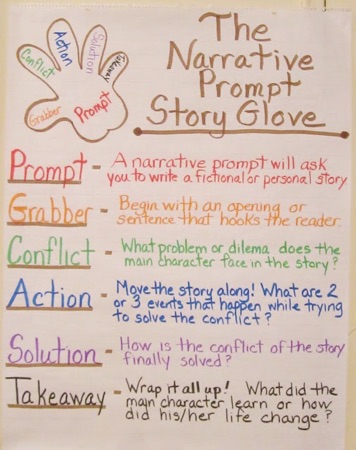
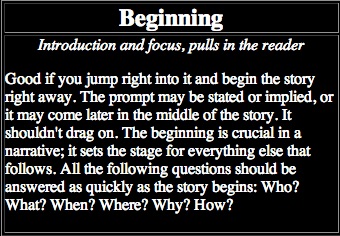
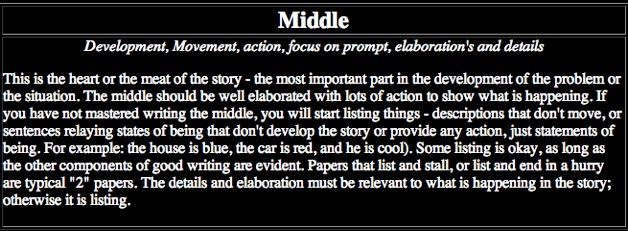
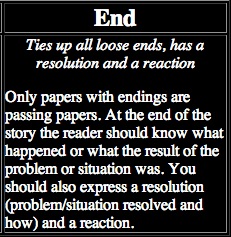
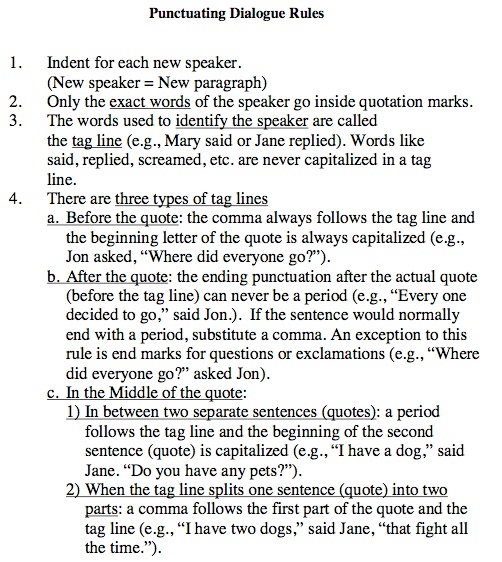
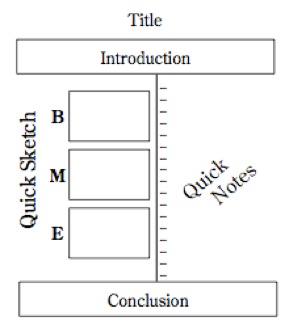
Dialogue

Compare and Contrast
The Common Core breaks Writing into three categories: Opinion, Informative, and Narrative.
Click here to learn more about the Common Core Writing Standards.
Click on each of the headings to the right to learn more about the expectations for each area.
Use the links below to help you practice the skills necessary for mastery.
Tool Box
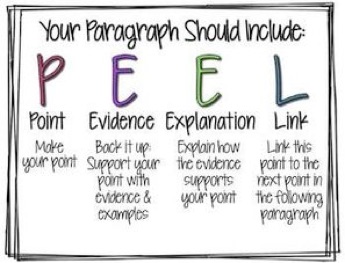
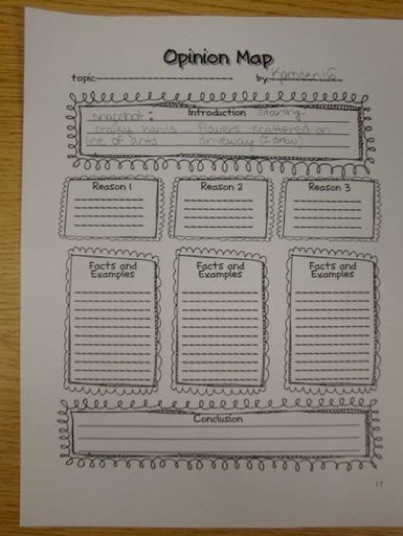
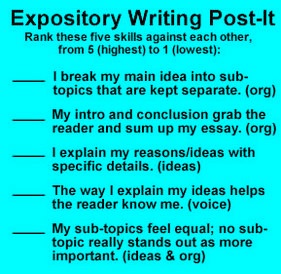
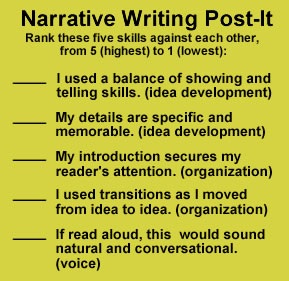
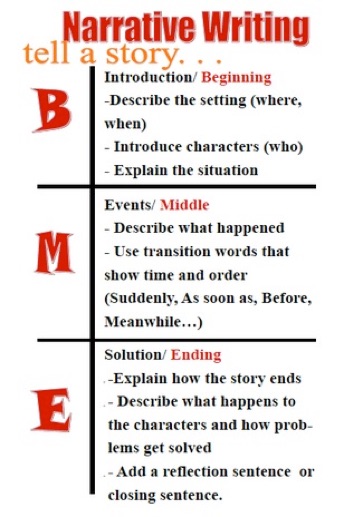
Task, Audience, and Purpose (TAP)
I can write clearly. W.5.4
I can write for different purposes, audiences, and topics. W.5.4
Editing and Revision
I can edit and revise my writing with peers and teachers. W.5.5

Revision (Making it Sound Better)
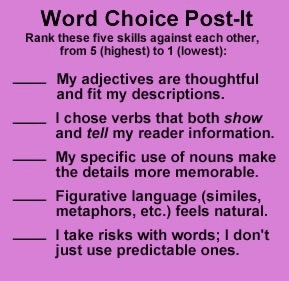
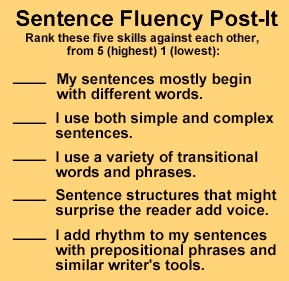
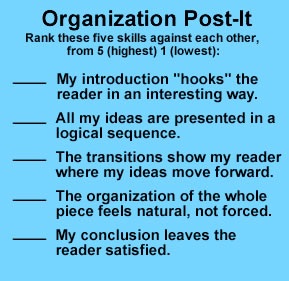
Editing (Making it Look Better)
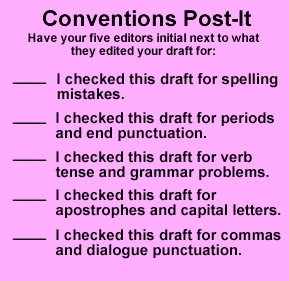
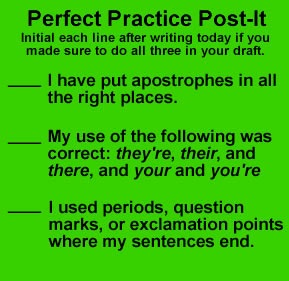
Poetry
Skills Practice - Capitalization
Compound Sentences







